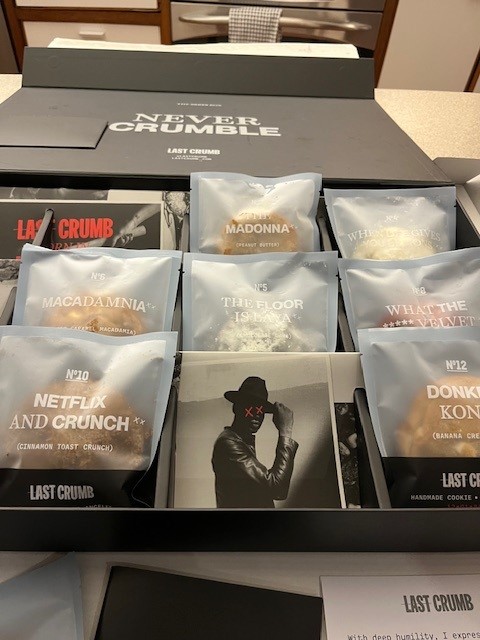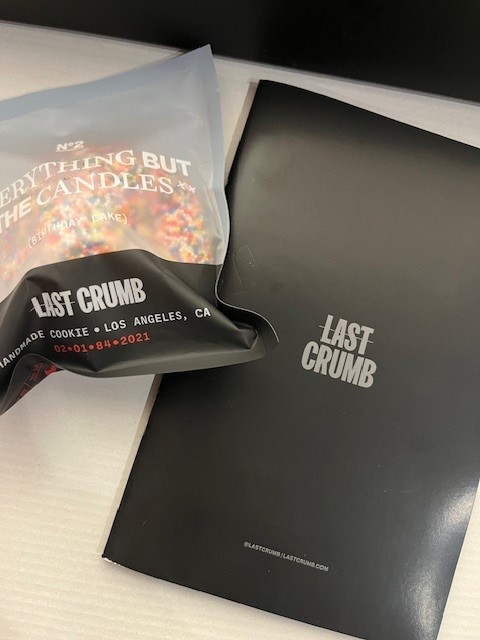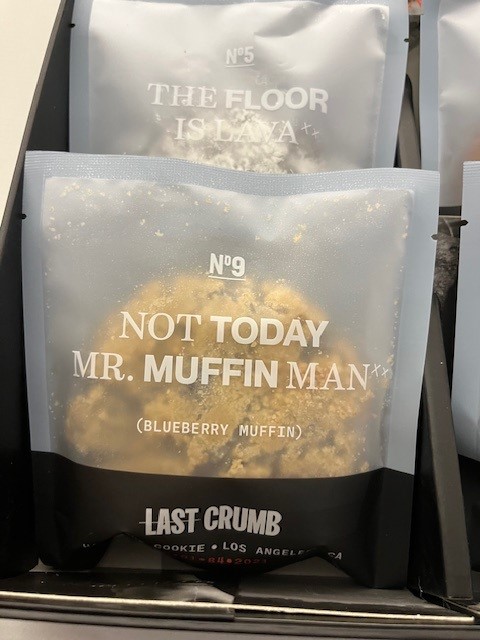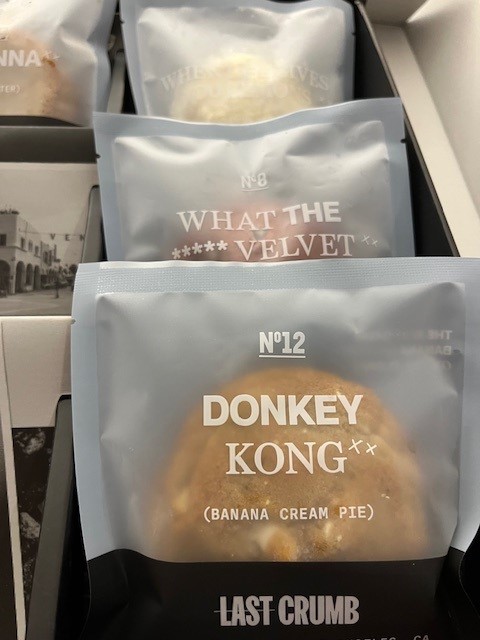Generation Alpha, born between 2010 and 2025, is coming of age in a world where luxury is increasingly accessible and desirable. One surprising trend emerging among this cohort is their growing interest in expensive, high-end fragrances, regardless of their gender.
Forget the overly keen spritz of Lynx or a floral body mist for teens, Gen A views expensive perfumes not just as beauty products, but as status symbols and forms of self-expression. Social media platforms like TikTok and Instagram have fuelled this trend, with 'fragrance influencers' (yes! they are now a thing) showcasing their collections of bottles and brands, and then giving their personal reviews.
Gen A want to stand out in the world of mass produced goods and they realise that scent is a powerful way to create memorable moments in this experience economy. FOMO is driving their desire to keep up with peers and trends which is increasing some of these luxury purchases. Growing up in a hyper-connected world, Gen A is constantly exposed to luxury brands and lifestyles through social media and influencer marketing which they were exposed to from birth so their exposure to sophisticated goods and messaging is unobstructed.
So, what is the future of scent for this olfactory-savvy consumer?
We know that right now florals - both flavours and patterns are trending and consumers seem happy with the traditional perfumes of patchouli, tuberose and vanilla combinations but a whole new area of fragrance is being explored by perfumers around the world. The rise of morbid and unpleasant scents is infiltrating the niche and high-end fragrance market.
In recent years, there has been a noticeable increase in the popularity and prevalence of scents associated with death, decay, and other traditionally unpleasant aromas such as cigarettes, faeces and camphor. This trend spans multiple industries, from niche perfumes to home fragrances to experiential art installations. Several factors appear to be contributing to this phenomenon of this olfactory shift towards the macabre. Firstly, consumers are seeking novel sensory experiences in a world saturated with pleasant, crowd-pleasing scents and some are craving more intense and unusual olfactory moments. By exploring such aromas, society is becoming more open to discussing previously taboo topics like death and decay. The growing interest in engaging with these themes through sensory experiences provides a visceral way to confront truth and mortality.
Artistic expression and scientific advances have enabled perfumers and artists to challenge mainstream scents as a form of creative expression, pushing the boundaries of what's considered acceptable or desirable in fragrance and more accurately capture and reproduce highly complex odours.
Examples of this trend include perfumes intentionally designed to smell like decomposition, candles scented to mimic the odours of a crime scene, and art installations that use scent to evoke feelings of unease or revulsion. While niche, these products are finding an audience among consumers and critics looking for more provocative sensory experiences.
Here are a few of the brands offering scents which will help you stand out in the crowd:
The British cult brand Cursed has produced four bottles of scent: From Hell, Pretty as Poison, Crystal Ritual and Death's Elixir.
Some of the company copy about the perfume says:
A complex elixir crafted by Death’s hand. Those brave enough may manifest their deepest desires yet bind their soul with an eternal debt.
... Base notes of Sweet Amber and Oakmoss evoke the scent of ancient tombs, while Patchouli and Vetiver emanate an earthy essence, somewhat reminiscent of graveyard soil.
The perfumes creator described the olfactory journey as 'evoking imagery of sharp blades, metal chains, and spilled blood'
Or maybe the perfume by Oddity called Dead Air by master perfumer Mark Buxton, might be more your preference. Journalist Bee Beardsworth wrote the following about her experience of the fragrance, 'Dead Air opens with a salty sea smell bound with complex spices before rapidly acquiescing to a sticky pine needle green and woody bark. It immediately reminds me of snapping twigs in my hands whilst walking in a gloomy forest alone, followed by the musky sourness of the liquid a ladybug secretes on you when they feel threatened, and an almost intangible sadness of being by the cold ocean at night, alone'.
But smells of grief and death maybe too much for a novice, so how about a gateway fragrance like Hinoki Shower by BTSO, redolent with notes of notes of camphor, turpentine and cigarettes to evoke the aroma of rural bath house in Japan.
A more gentle introduction to tear you away from the mainstream scents might be Ohsphalte by Ohtop which is developed to combine the urban notes of asphalt, concrete and fresh hides of suede.
An early adopter of this trend was created in 2017 by Beaufort of London - the brand created by Leo Crabtree (who you might know as the drummer in the Prodigy) in collaboration with the perfumer Julie Dunkley. The fragrance was inspired by the naval history of Britain and his own childhood growing up on a farm. The initial scent of Iron Duke is urinous, like fresh cow manure with metallic notes of cannons and machinery.
One, thing we always know about perfume is that it smells different on everyone and to everyone. It's a personal preference and the olfactory journey is one we ultimately take alone.




